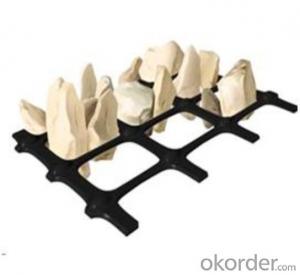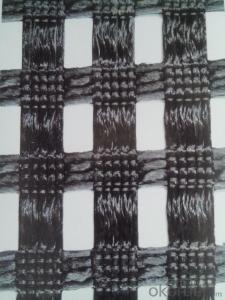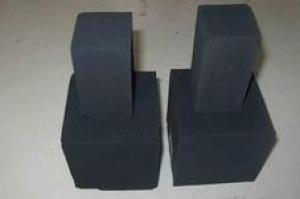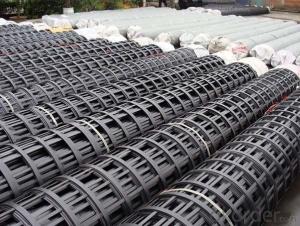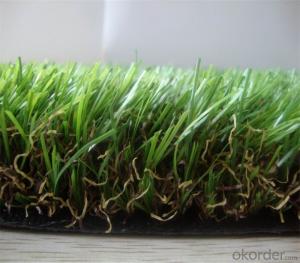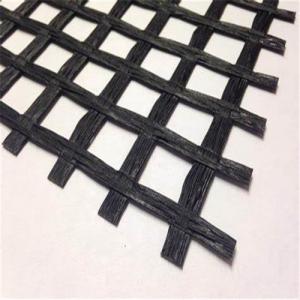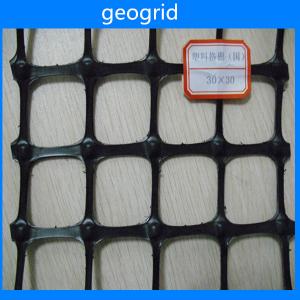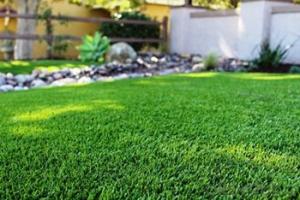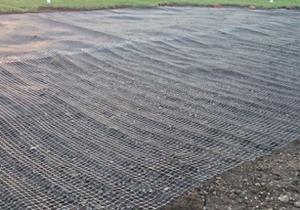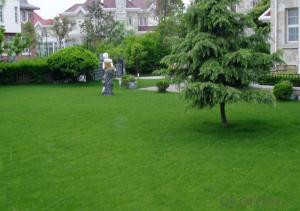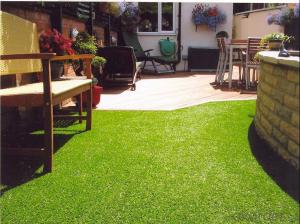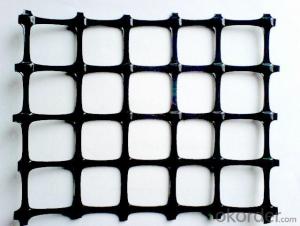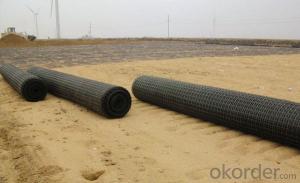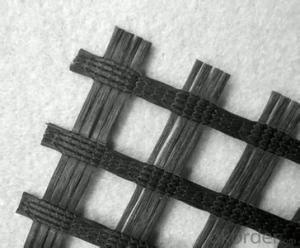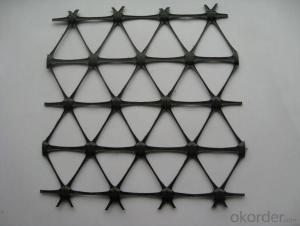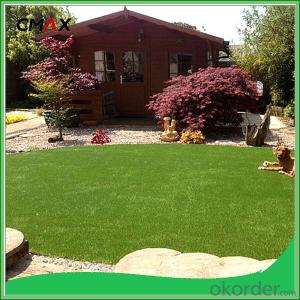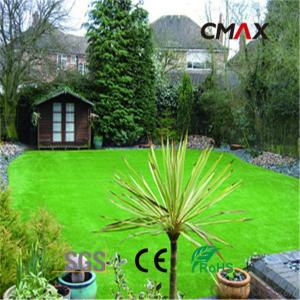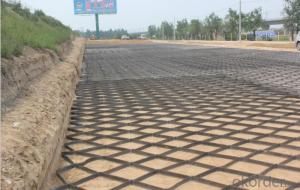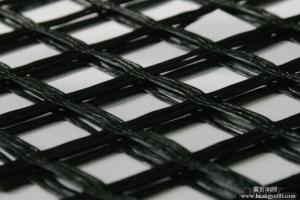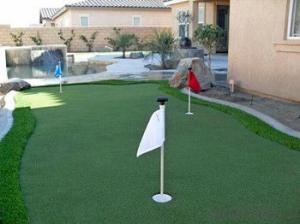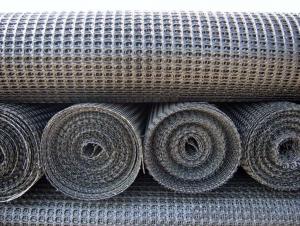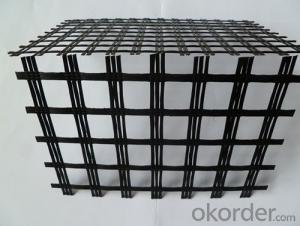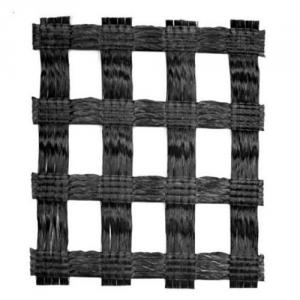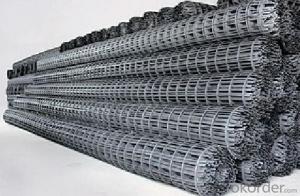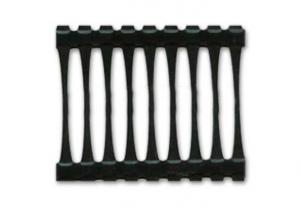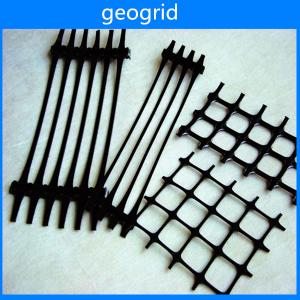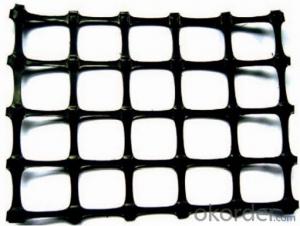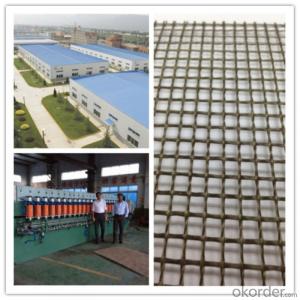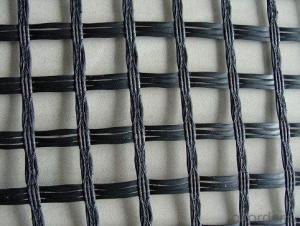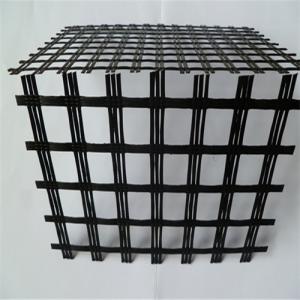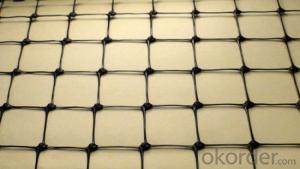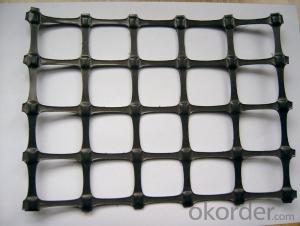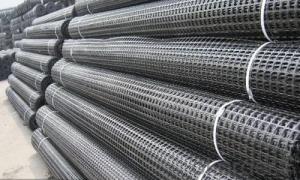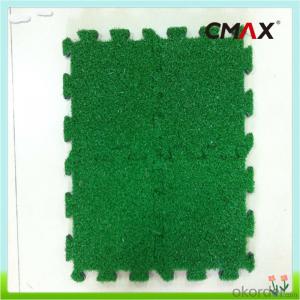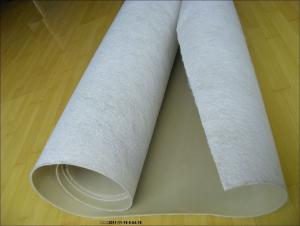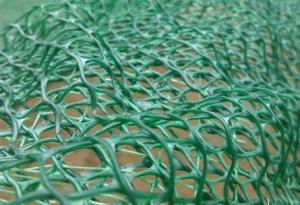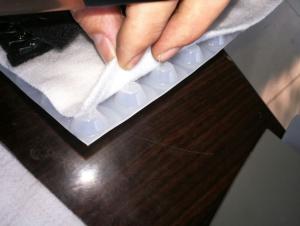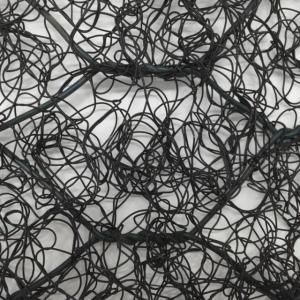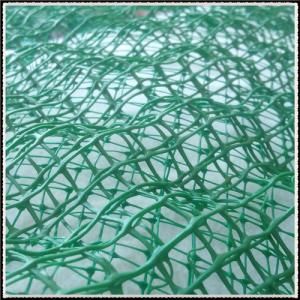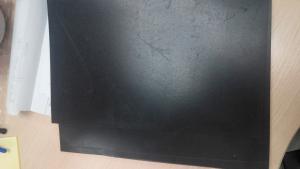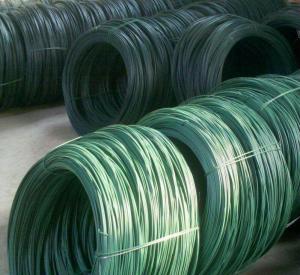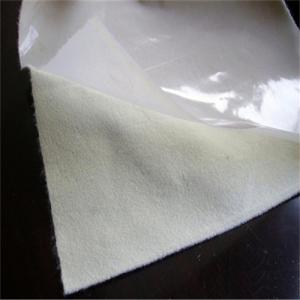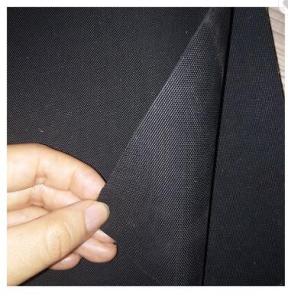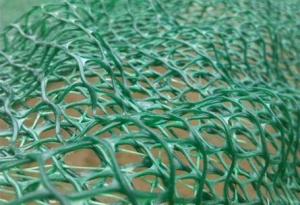Synthetic Geogrid
Synthetic Geogrid Related Searches
Composite Geogrid Structural Geogrid Extruded Geogrid Composite Geogrid Machine Vegetated Geogrid Geogrid Machine Geogrid-Reinforced-Soil Tensar Structural Geogrid Multiaxial Geogrid Triaxial Geogrid Geogrid Reinforced Slope Bidirectional Geogrid Geogrid Tensar Geogrid Stabilization Geogrid Reinforced Soil Bonded Geogrid Laying Geogrid Uniaxial Geogrid Geogrid Layer Base Stabilization Geogrid Geogrid Placement Geogrid Subgrade Stabilization Asphalt Geogrid Geogrid Slope Stabilization Slope Reinforcement Geogrid Geogrid On Slope Geogrid For Roads Biaxial Integral Geogrid Geogrid Alternative Landscaping GeogridSynthetic Geogrid Supplier & Manufacturer from China
Synthetic Geogrid is a type of geosynthetic material that is widely used in civil engineering and construction projects. These products are designed to provide reinforcement and stabilization to various soil structures, enhancing their overall performance and durability. The geogrids are made from synthetic materials such as polyester, polypropylene, or polyethylene, which offer excellent strength and resistance to environmental factors.Synthetic Geogrid finds its application in a variety of scenarios, including road construction, slope stabilization, retaining walls, and soil reinforcement. By incorporating these geogrids into the soil structure, engineers can improve load distribution, reduce the risk of soil erosion, and increase the overall stability of the construction. This results in more reliable and long-lasting infrastructure, which is essential for the safety and longevity of any project.
Okorder.com is a leading wholesale supplier of Synthetic Geogrid, offering a vast inventory of high-quality products to cater to the diverse needs of various industries. With their extensive range of geogrids, customers can find the perfect solution for their specific project requirements. By partnering with Okorder.com, clients can benefit from competitive pricing, fast shipping, and excellent customer service, ensuring a seamless purchasing experience.
Hot Products
